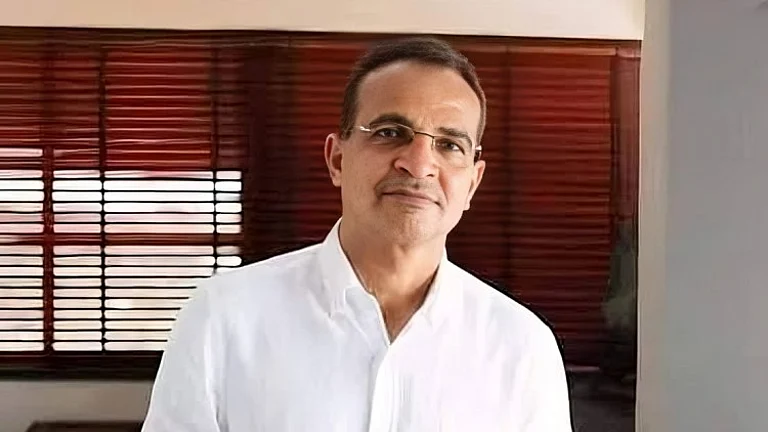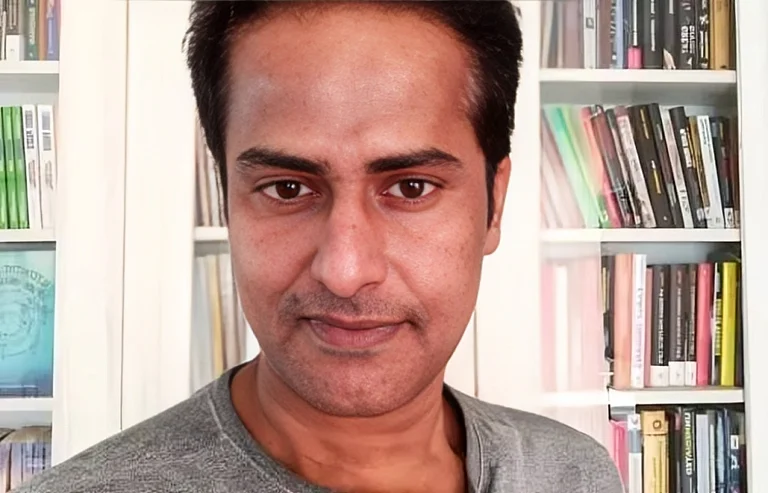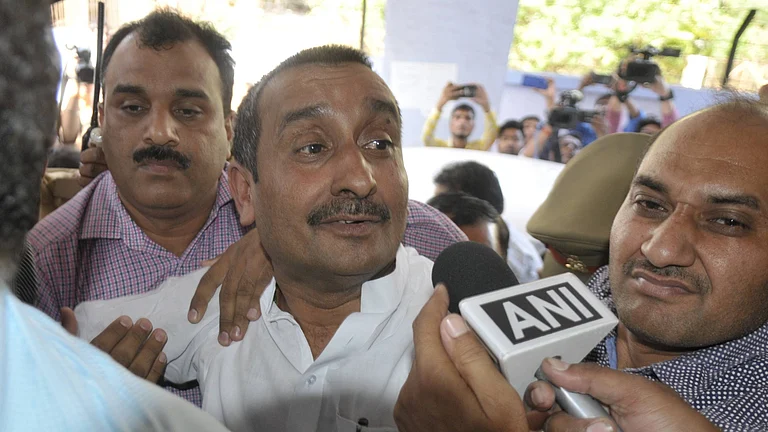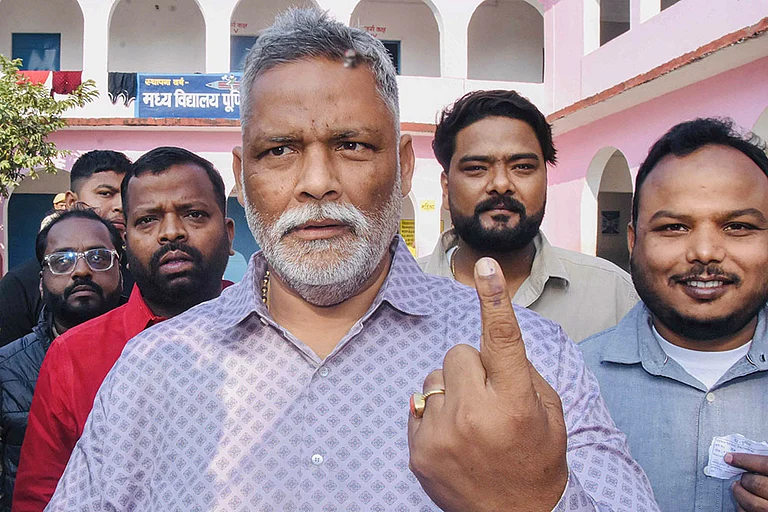Former Karnataka Judge Justice KS Puttaswamy passed away at his Bengaluru home on October 28 at the age of 98. He will be remembered as a key figure in Indian Constitutional law.
Justice Puttaswamy was the lead petitioner in the privacy case which led the Supreme Court to recognise that a citizen’s right to privacy was a fundamental right under Article 21 of the Indian Constitution.
Born in the Kolar district in February 1926, Justice Puttaswamy studied at Mysuru’s Maharaja's College and then the Government Law College in Bengaluru. He started practising law in 1952 and rose to the post of Additional Government Advocate in the Karnataka High Court. In November 1977, he was appointed to the High Court bench by India’s sixth President Neelam Sanjiva Reddy.
Though he retired in 1986, the former judge led an active life of public service. He was the first vice-chairman of the Bengaluru bench of the Central Administrative Tribunal, serving from 1986 to 1989. From 1994 to 2003, he was the chairman of the AP Commission of Backward Classes, and between 1989 to 1993 he served as the chairman of the Andhra Pradesh (AP) Administrative Tribunal.
In 2012, at the age of 86, the former judge famously became the first person to challenge the UPA Aadhaar scheme on the grounds that it breached citizen’s privacy. He challenged the government’s move to make Aadhaar a mandatory biometric identification scheme.
The case became not just Puttaswamy’s private quest, but a rallying point for several civil rights activists who joined the petition.
In 2017, a nine-judge constitution bench ruled that the citizen’s right to privacy was enshrined in Article 21 of the Constitution. The bench, however, upheld the validity of the Aadhaar scheme with certain conditions in 2018. Subsequently, the central government passed the Aadhaar Act to regulate the scheme.
Senior advocate Shyam Divan who represented several petitioners in the case, said, that the 2017 decision in the case "cemented the fundamental right to privacy."
Though the right to privacy had previously been upheld by Supreme Court judgements, Divan said, "to protect Aadhaar, the government dared the SC to stand by the citizen and nearly three decades of jurisprudence—the state basically contested the privacy right as being part of our fundamental rights." This, he says, "led to a precarious moment in our constitutional history when the very basis of our freedoms for the digital age were denied by the state."
With the SC rejecting the government's stance, Divan adds that the case initiated by Justice Puttaswamy remains “a source for anchoring our freedoms, both against the State and private tech players who profit from our personal data."


























